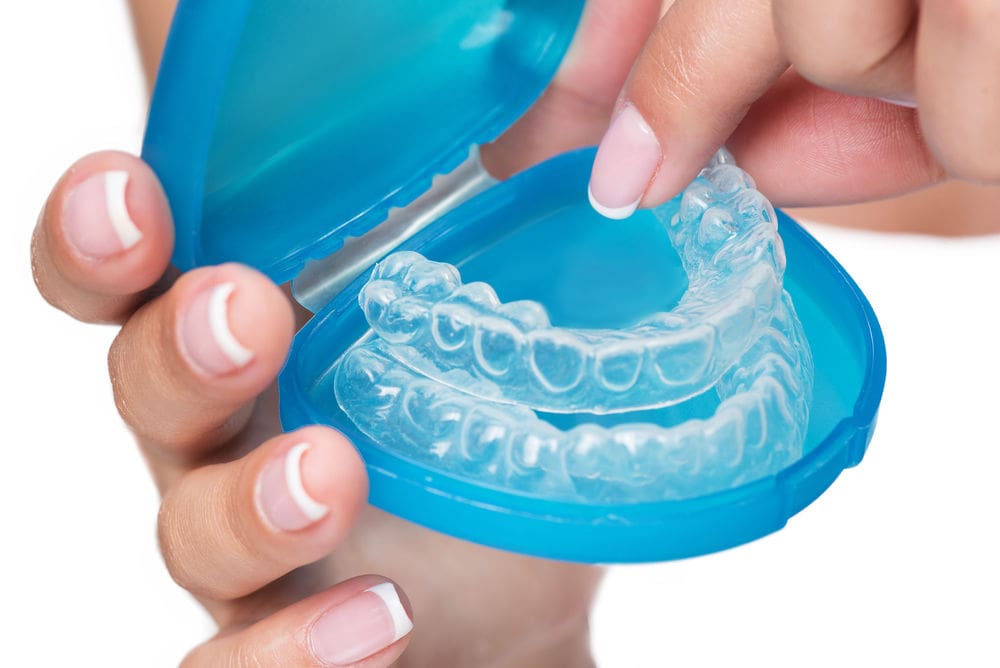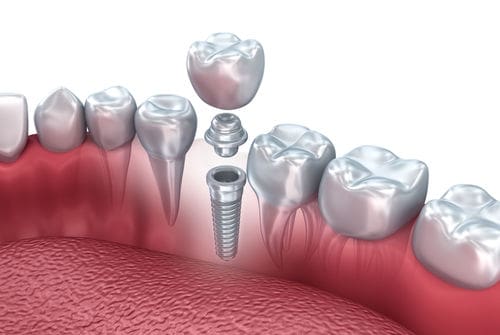The term “root canal” often brings with it a sense of dread. However, root canal therapy is a common dental procedure that can save your natural tooth and eliminate the pain caused by tooth infection. This procedure, performed by skilled dental professionals, aims to remove the infected nerve and tissue within the tooth, relieving pain and preserving dental health. At Liberia Dental Care in Manassas, VA, our highly trained team is dedicated to providing high-quality root canal therapy, prioritizing patient comfort and long-term oral well-being.
In this comprehensive guide, we will delve into the details of root canal therapy, debunking common myths and misconceptions surrounding the procedure. By understanding the purpose, process, and benefits of root canal therapy, you can make informed decisions about your oral care, helping to preserve your natural smile and alleviate any discomfort you may be experiencing.
When a tooth becomes damaged or decayed, the inner pulp tissue can become infected, resulting in pain, sensitivity, and swelling. Left untreated, this infection can spread to neighboring teeth or bone, potentially leading to tooth loss or more severe health consequences. Root canal therapy involves removing the infected pulp, disinfecting the tooth’s interior, and filling the area with a biocompatible material to seal and protect the tooth. Contrary to popular belief, root canal therapy is often no more painful than receiving a dental filling, thanks to modern techniques and anesthesia.
In the following sections, we will take a deeper look at the indications for root canal therapy, the procedural steps, and how to maintain the health of your treated tooth. By gaining a better understanding of what to expect from root canal therapy, you can address your oral health concerns confidently and ensure a comfortable, positive dental experience.
Indications for Root Canal Therapy
Several signs may indicate that you require root canal therapy. It is essential to consult your dentist if you notice any of the following symptoms:
- Persistent tooth pain: Severe, continuous tooth pain when biting or applying pressure could be a sign of an infection within the tooth.
- Increased sensitivity: Sudden onset of sensitivity to hot or cold foods and drinks could indicate that your tooth’s nerve is compromised.
- Discoloration: Darkening or discoloration of a tooth can signify that the tooth’s nerve is damaged.
- Swelling or tenderness: Swollen or tender gums around a tooth can be a sign of infection.
- A recurring pimple or abscess: A pimple-like bump or abscess on the gum near the affected tooth often indicates an infection.
Keep in mind that sometimes there are no apparent symptoms, making regular dental check-ups essential to detect infection and other oral health issues.
The Root Canal Procedure: Step by Step
Understanding the process of root canal therapy can help ease any anxiety or fear associated with the procedure:
- Diagnosis: Your dentist will initially assess your symptoms and perform a thorough examination, including dental X-rays, to determine if root canal therapy is necessary.
- Anesthesia: Before beginning the procedure, your dentist will administer local anesthesia to numb the tooth and surrounding tissues, ensuring your comfort during the treatment.
- Creating an access hole: Your dentist will create a small opening in the tooth’s crown, allowing access to the infected pulp chambers.
- Pulp removal and canal cleaning: Using specialized dental instruments, your dentist will remove the infected pulp tissue and carefully clean and shape the root canals.
- Disinfection: The canals will be disinfected to eliminate any remaining bacteria and prevent future infection.
- Filling and sealing: After the canals have been cleaned and disinfected, they will be filled with a biocompatible, rubber-like material called gutta-percha to seal and protect the tooth.
- Final restoration: Once the root canal is complete, your dentist will place a temporary filling to close the access hole. A follow-up appointment will be scheduled for a permanent restoration, such as a dental crown, to strengthen and protect your treated tooth.
Post-Procedure Care and Maintenance
After your root canal therapy, it is essential to maintain proper oral hygiene and dental care practices to keep your treated tooth healthy and functional:
- Follow your dentist’s post-operative instructions: Your dentist may prescribe pain relief medication or antibiotics to help with any post-treatment discomfort or prevent infection.
- Schedule a follow-up appointment: Do not neglect your follow-up appointment for the placement of a permanent restoration. This step is crucial to the long-term health and function of your treated tooth.
- Maintain good oral hygiene: Regular brushing, flossing, and the use of antimicrobial mouthwash help keep your teeth healthy and prevent reinfection.
- Schedule regular dental visits: Ensure you attend regular dental check-ups and cleanings so your dentist can monitor your oral health and address any concerns promptly.
Dispelling Myths about Root Canal Therapy
There are several myths and misconceptions surrounding root canal therapy that can contribute to patients’ fear and reluctance. Here, we debunk a few common myths:
Myth: Root canal therapy is severely painful.
Fact: With advanced dental techniques and anesthesia, the root canal procedure is often painless and no more uncomfortable than getting a dental filling.
Myth: Root canal therapy causes future health problems.
Fact: There is no scientific evidence linking root canal therapy to future health problems. On the contrary, root canal therapy is a safe and effective means of eradicating infection and preserving your natural tooth.
Myth: Tooth extraction is a better alternative.
Fact: While there are cases where tooth extraction may be necessary, preserving your natural tooth with root canal therapy is typically the best option for maintaining your oral health.
Conclusion
Root canal therapy plays a vital role in saving your natural teeth and eliminating pain caused by tooth infection. By understanding the indications, procedural steps, and the importance of post-procedure care, you can address your oral health concerns with confidence. Root canal therapy is a routine dental procedure designed to alleviate your discomfort and preserve your smile using advanced techniques, technology, and anesthesia.
At Liberia Dental Care in Manassas, VA, our dedicated team of dental professionals is committed to providing comprehensive dental care, focusing on your comfort and long-term oral health. Schedule an appointment with us today to discuss any concerns you may have, and put your fear of root canal therapy to rest, knowing that you’re in the hands of experienced, compassionate professionals who prioritize your well-being.





